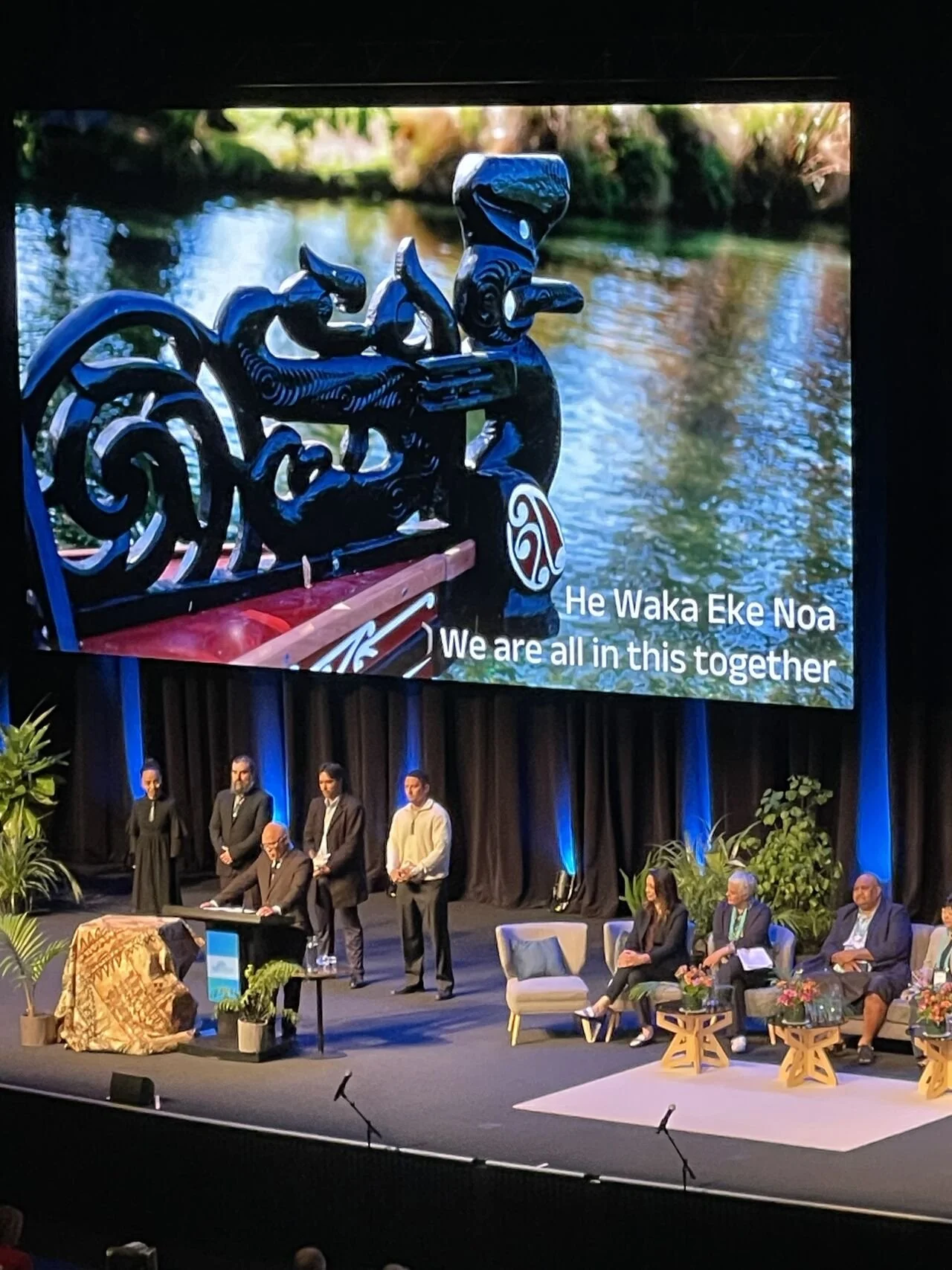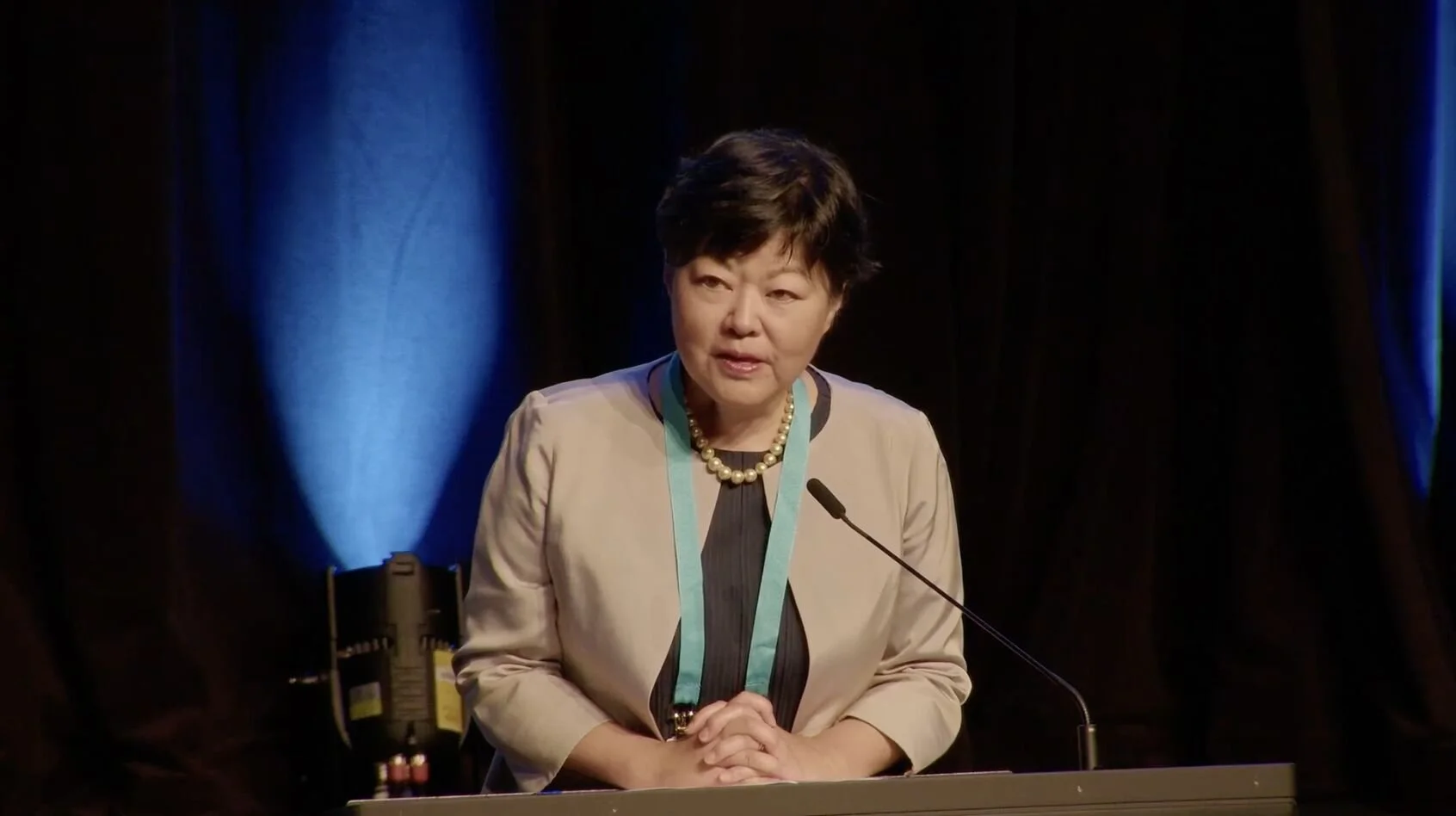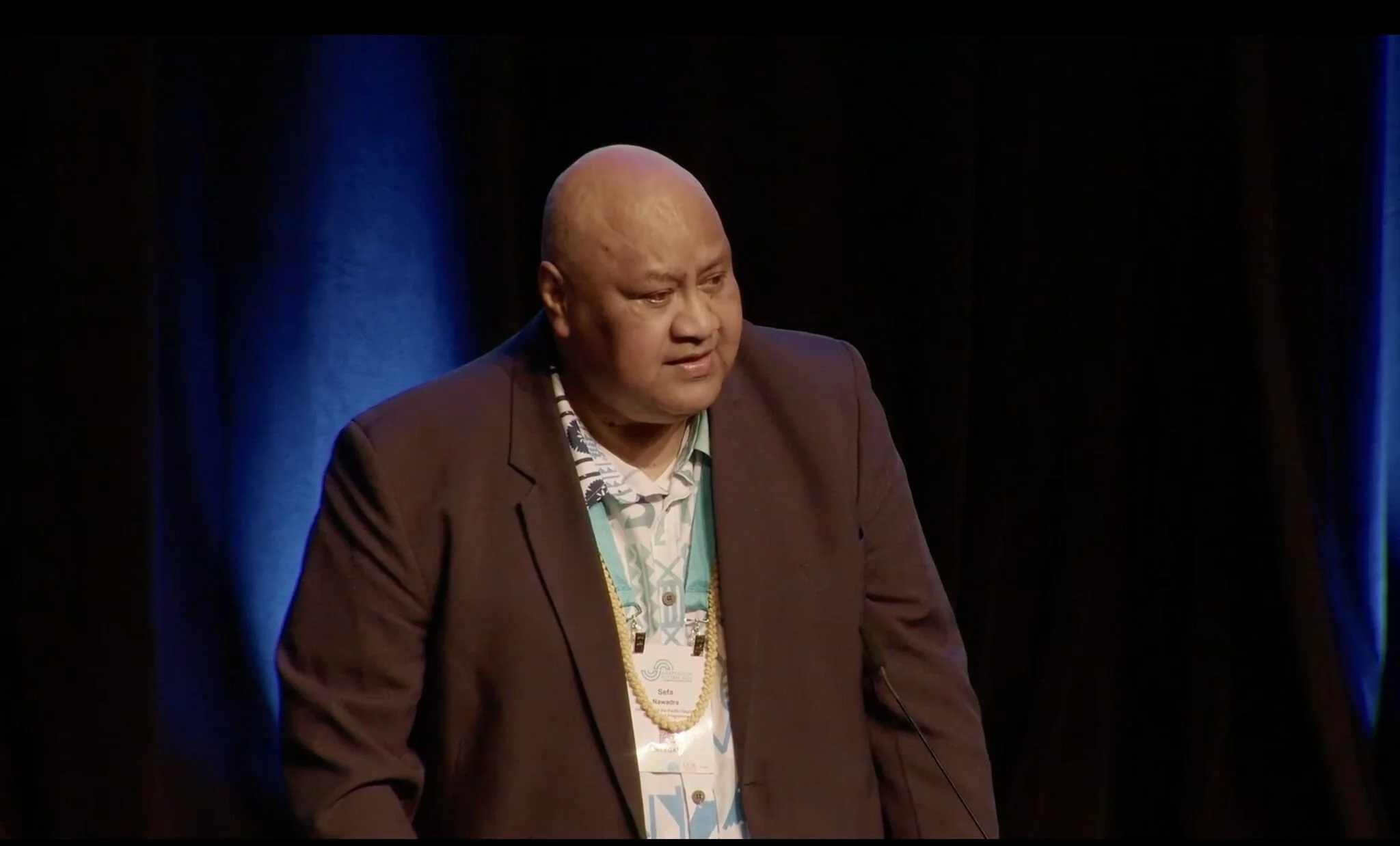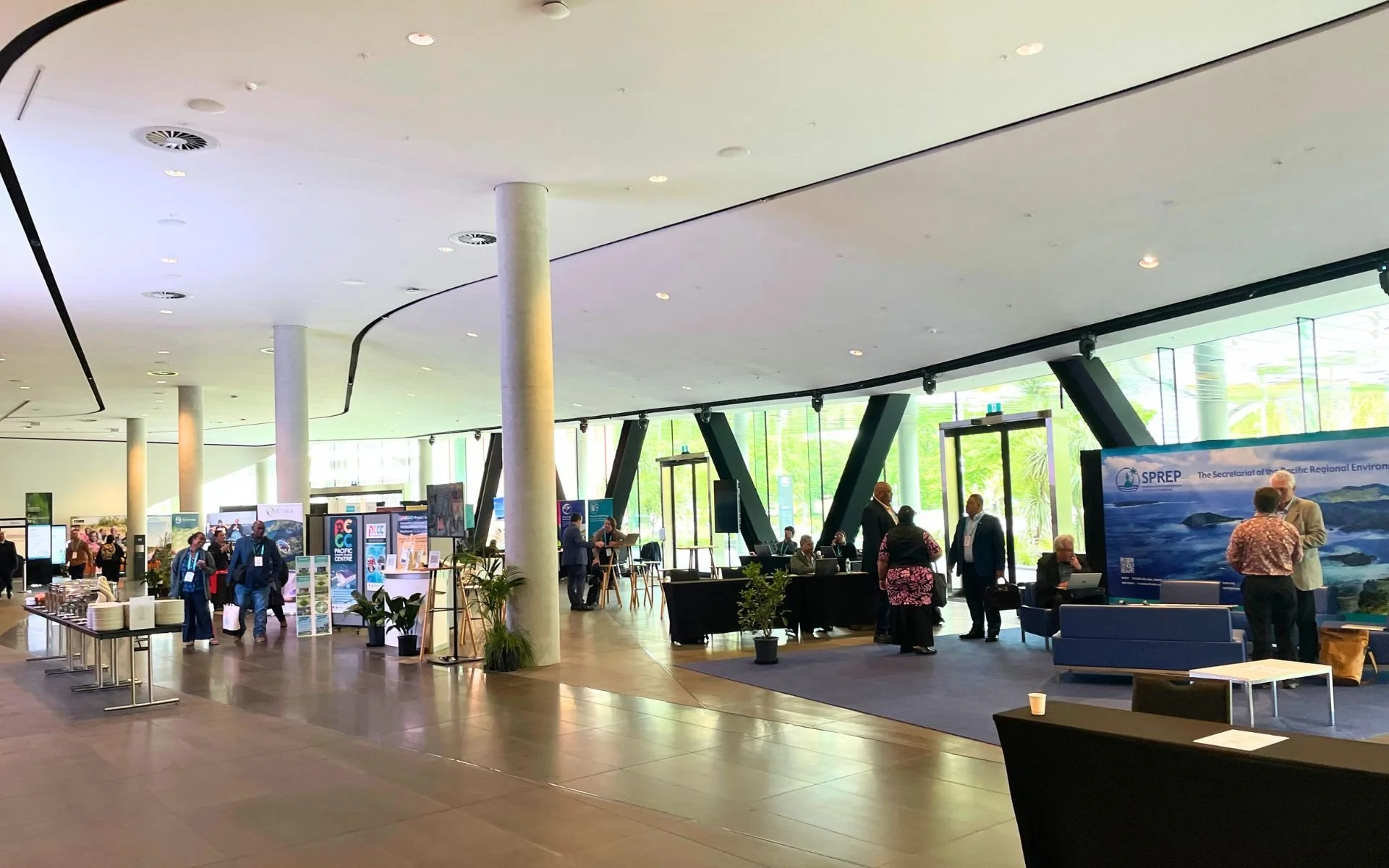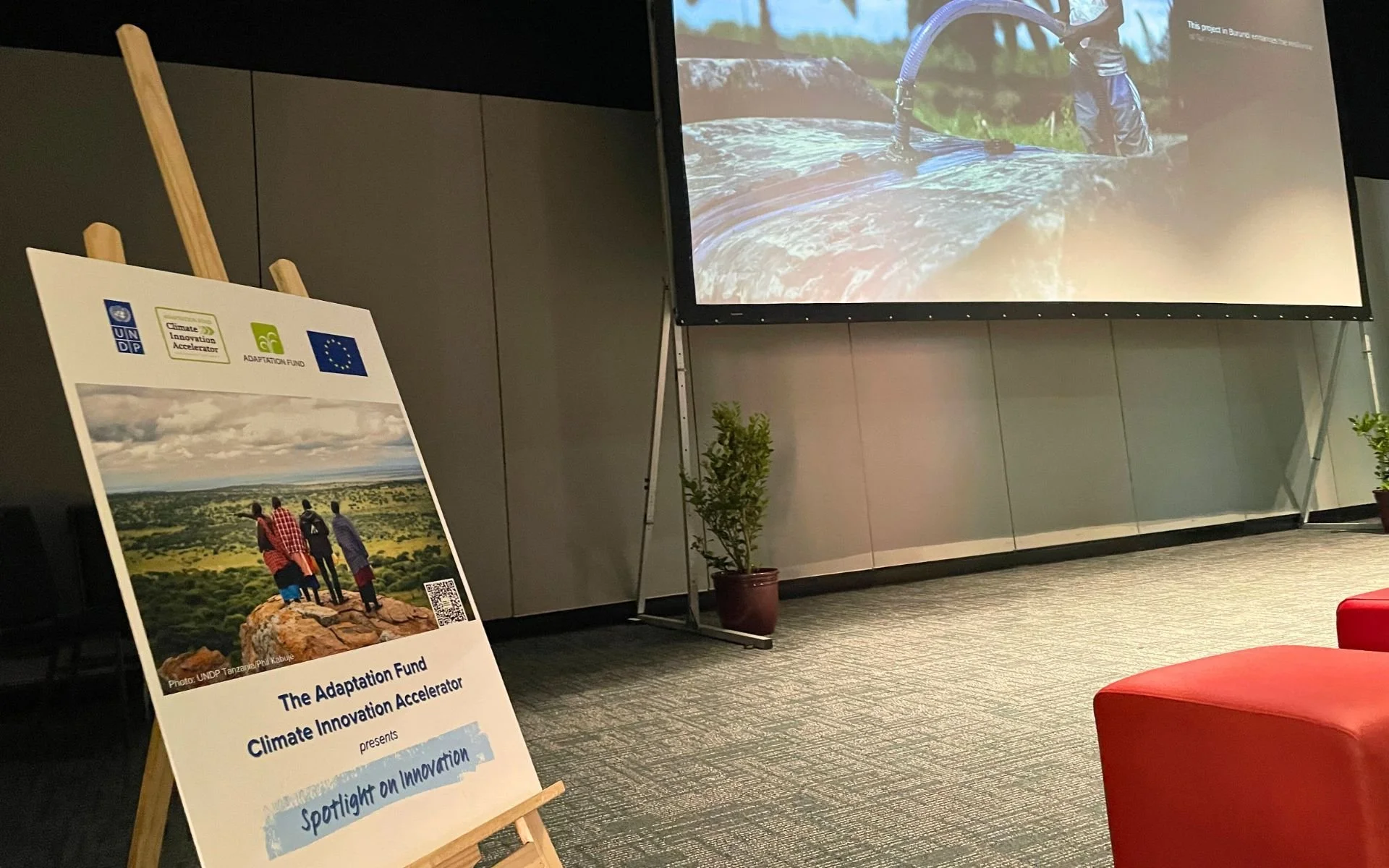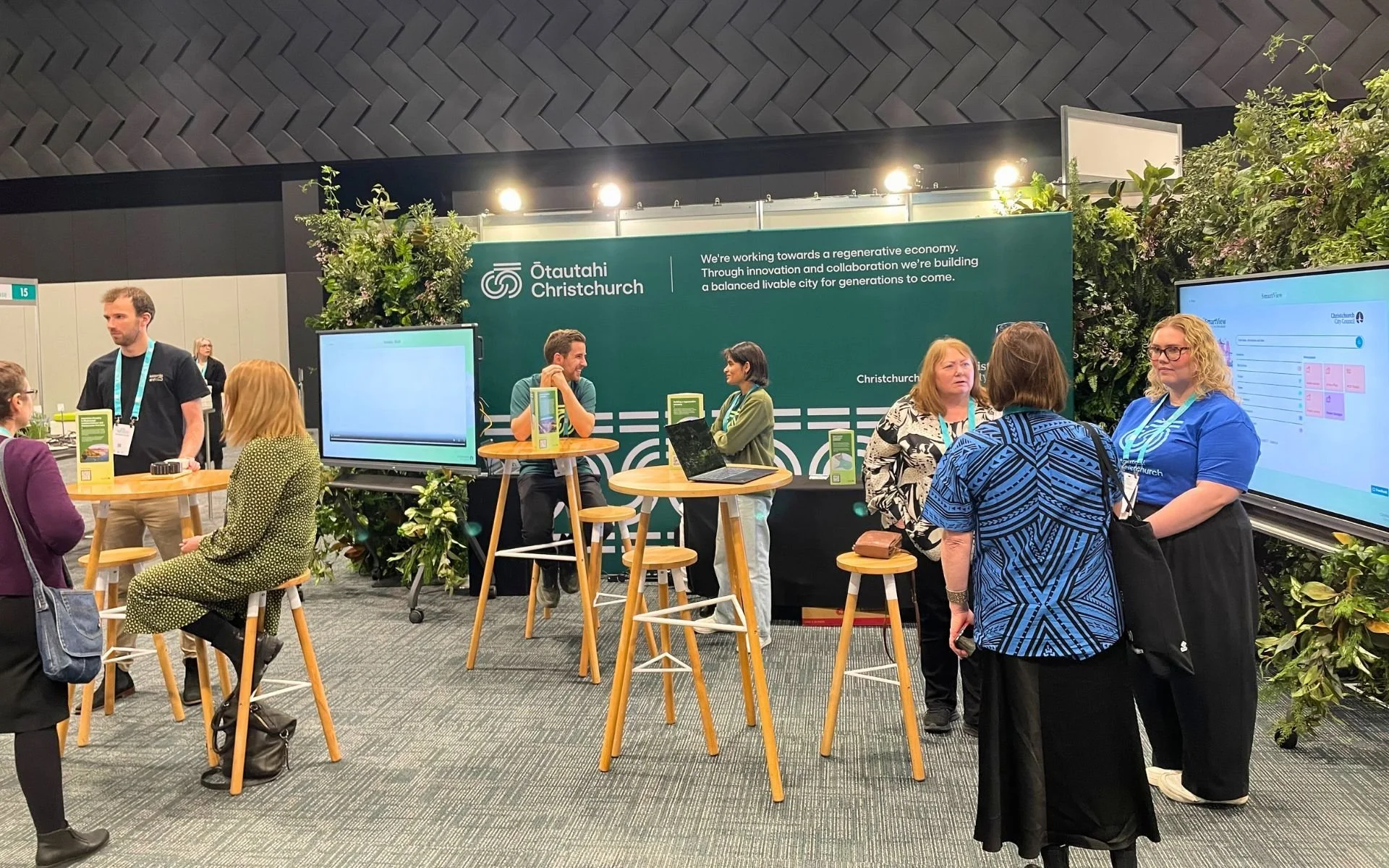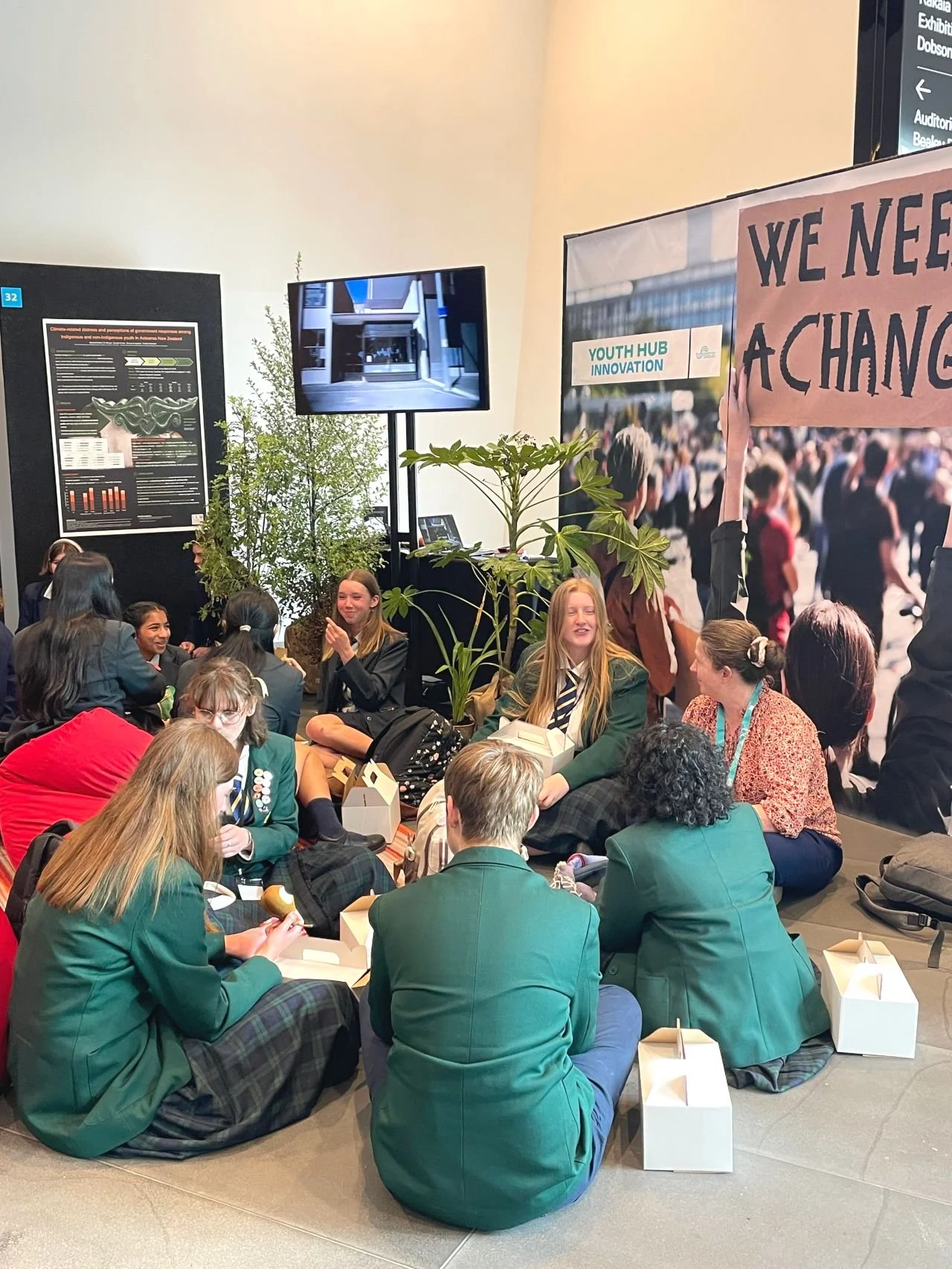Do We Have Our Eyes on the Ball? - Lessons in Collective Adaptation from the UN Adaptation Futures 2025 Conference
As the impacts of a warming world intensify, adaptation has become the defining challenge of our time. From record ocean temperatures around Aotearoa to tornadoes reshaping European cities, climate change is no longer a distant threat, it’s the lived reality of our present.
In this blog, Wao co-founder Monique Kelly reflects on the recent UN Adaptation Futures Conference held in Ōtautahi Christchurch, where global researchers, innovators, and community leaders gathered to share solutions for living well in a changing climate. Her reflections remind us that while the science is sobering, hope lies in our collective capacity to adapt, not just through technology or policy, but through re-imagining the systems, relationships, and values that shape how we live.
Because the journey to 2125 starts not with governments or grand declarations, but with people, in neighbourhoods, workplaces, and communities, building resilience together.
As I am sitting here with wind howling through the valley, news of the waters around Aotearoa New Zealand warming faster than the global average and tornadoes in Paris ripping through infrastructure and lives, I get a little overwhelmed. We’ve entered into a warmer world and it seems like current media are no longer joining the dots.
To put things really bluntly, we know that a certain degree of temperature increase beyond 1.5 is now “baked in”. No matter how aggressive our path is to cut emissions, the climate has already, and will continue to heat up for some time to come. What this means is a greater likelihood of extreme weather events putting pressure on other species that call this planet home as well as our own habitat - our food system, the built environment and our wellbeing.
This is by no means a call to ease off on cutting every single bit of greenhouse gas we can from entering the atmosphere. Every fraction of a degree matters. But alongside cutting emissions, we must build the systems, cultures, and relationships that allow us and our fellow species to adapt to the future already unfolding.
Last week, Ōtautahi Christchurch hosted the UN Adaptation Futures 2025 Conference, drawing more than 1,200 delegates from around the world. Over four days, researchers, community leaders and innovators came together to focus as a global community on how to adapt to this changing world.
Who benefits from adaptation? What are the costs and who bears them? Whose voices shape the response? These were the hard questions echoing through the newly built Te Pae conference centre.
What struck me most was who wasn’t in the room. National politicians and major industry players were largely absent from what should have been their moment to show pragmatic, solutions-focused leadership. Sadly, this is not unique to Aotearoa New Zealand. And where were all the amazing grassroots organisations that should and needed to be there? To learn, to teach. They are at the heart of all solutions yet don’t have the means to be able to attend such events.
What I learned. Across continents, the most effective adaptation strategies share a common theme: they are community-led, inclusive, and long-term systems focused. They stem from the grassroots building up resilience in their neighbourhoods, kura or regions to events such as the Northern Rivers Community Resilience Alliance, building participative models to develop climate adaptation plans such as in Atlantic Canada and in Nigeria, where academia and local farmers are collaborating to address the Food-Energy-Water-Environment nexus.
Participative models were also at the heart of long-term visions for the future, including the Ngai Tahu Mō Kā Uri Kāi Tahu 2050. The creative process used to gather opinions from all parts of the community was a critical part in developing this plan. A similar collaborative process also underpins the Well-being of Future Generations (Wales) Act 2015. This pioneering legislation requires public bodies to make decisions that protect the interests of people not yet born, measuring progress through well-being rather than GDP.
This is democracy done differently.
Imagine if every district, region, country took this approach, planning not just for 2050, but for 2125 using a participatory model. What if every policy, every investment, every building project had to prove it made life better for our grandchildren’s grandchildren?
As the conference closed, one message rang clear. We already know what needs to be done. The challenge is to act, together, and to think far beyond the next election or funding cycle.
The journey to 2125 begins now, in our neighbourhoods, workplaces, and communities. Join a local group, start a conversation, plant a tree, support regenerative farmers, or champion low-carbon choices where you work. Every action helps strengthen our collective resilience. The future isn’t something that happens to us, it’s something we build together, choice by choice.
Here are a few ways to start building community-led resilience right now:
Grow and share kai: join a local community garden such as Grow Wānaka or start a simple produce swap with neighbours.
Repair, reuse, and create: become a member of the Wānaka Community Workshop or Fabricate, learn new skills, borrow tools, or help others with their projects.
Restore nature: volunteer to plant trees with Te Kākano Aotearoa Trust or help check traps with Predator Free Wānaka.
Cook and care: lend a hand with Food for Love Wānaka or share a home-cooked meal with someone nearby who could use the support.
Share your skills: offer to teach a practical skill, from preserving fruit to fixing bikes, at a community hub, school, or workplace.
Connect and learn: attend local events through Wao Aotearoa, join discussions, and meet others who want to make a difference.
Advocate for better systems: write to your local council or MP about sustainability issues that matter to you, from better stormwater design to reducing waste.
